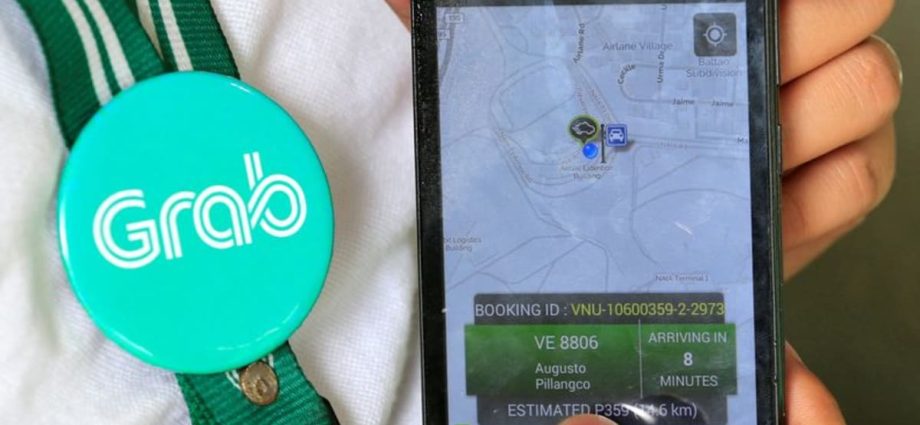
Grab forecast a smaller operating loss for the current year and pulled forward its profitability timeline on Wednesday (Aug 23), as cost savings from its recent workforce reduction supplement strong demand for its food delivery and ride-share services.
The Singapore-based firm also delivered better-than-expected results for the last quarter, sending its US-listed shares up nearly 8 per cent in trading before the bell.
The company now expects to break even on an adjusted core earnings basis in the current quarter ending September, ahead of its earlier fourth-quarter target. Moreover, it expects US$80 million in annualised cost savings from the recent changes, including layoffs.
Grab is undergoing a restructuring focused on lowering costs, with measures including cuts to its cloud bill and consumer and worker incentives.
In June, the company reduced around 1,000 roles, or about 11 per cent of its workforce, in its biggest round of layoffs since early 2020, when the pandemic began.
It now sees adjusted loss before interest, taxes, depreciation and amortization between US$30 million and US$40 million, compared to its earlier forecast of US$195 million to US$235 million.
“While we tried to optimise our bottom-line, we’re also making sure that we can continue to grow our business,” Grab CFO Peter Oey said in an interview.
“There’s still a lot of opportunity in mobility. We haven’t reached pre-COVID levels yet, which we are aiming for by the end of this year.”
In the quarter ended Jun 30, the company’s revenue increased 77 per cent, to US$567 million, surpassing analysts’ estimate of US$546.1 million, according to Refinitiv data.
Sales from the food delivery business – its largest – more than doubled, while those from the ride-share business grew 29 per cent. Delivery sales were marginally lower than Refinitiv estimates.
The company said it took a US$50 million charge largely related to the layoffs in June. On adjusted basis, Grab lost 3 cents per share, compared to an estimated 5 cents.

